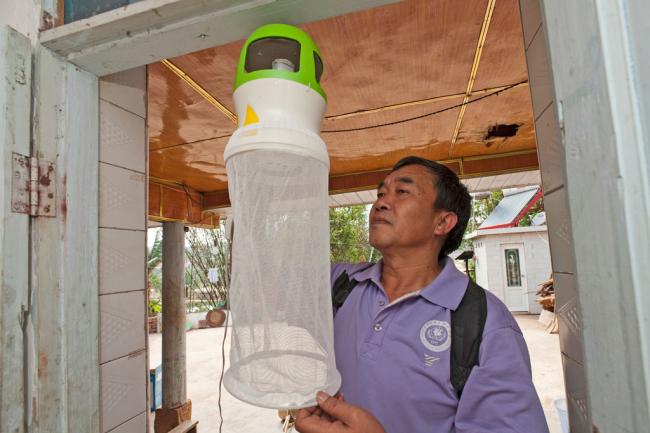
UN launching yellow fever vaccination campaigns on Angola-DRC border
According to a press release from the World Health Organization (WHO), the initial phase of the campaign will begin in July. It will focus on districts where there is high movement of people and intense trade activities between the two countries, including a 75-100 kilometre belt spanning the border, as well as targeted health zones or communes at risk in the DRC’s capital, Kinshasa.
“While WHO is working with partners and vaccine manufacturers to increase vaccine production and replenish the emergency stockpile currently being used for this outbreak, it is vital to interrupt transmission, especially in cross-border areas to rapidly bring this outbreak under control and halt further international spread,” said Matshidiso Moeti, WHO Regional Director for Africa.
In May, WHO’s Emergency Committee concluded that the urban outbreak of yellow fever in Angola and its national and international spread to China, DRC and Kenya did not, at that time, constitute a public health emergency of international concern (PHEIC), but was a serious public health event warranting intensified national action with international support.
So far more than 15 million doses of vaccine have been delivered to Angola and DRC. However, the urgent need to accelerate vaccination campaigns and the lack of sufficient funds for field operational activities, remain a challenge in both countries.
Angola: 3,294 suspected cases
According to a situation report, Angola had, as of 17 June, a total of 3,294 suspected cases reported, of which 861 were confirmed. The total number of reported deaths was 347, of which 115 were among the confirmed cases.
DRC: 1,106 suspected cases
Surveillance efforts have increased and vaccination campaigns in DRC have centred on affected zones in Kinshasa and Kongo Central.
In DRC, as of 20 June, there were more than 1,100 notified suspected cases in 22 health zones in five provinces. In addition, there were 68 confirmed cases, nearly all originated in Angola.
Two additional countries have reported confirmed yellow fever cases which began in Angola – in Kenya and China.
These cases highlight the risk of international spread through non-immunised travellers, WHO said.
Photo: WHO/TDR/S. Lim
Source: www.justearthnews.com
Support Our Journalism
We cannot do without you.. your contribution supports unbiased journalism
IBNS is not driven by any ism- not wokeism, not racism, not skewed secularism, not hyper right-wing or left liberal ideals, nor by any hardline religious beliefs or hyper nationalism. We want to serve you good old objective news, as they are. We do not judge or preach. We let people decide for themselves. We only try to present factual and well-sourced news.







